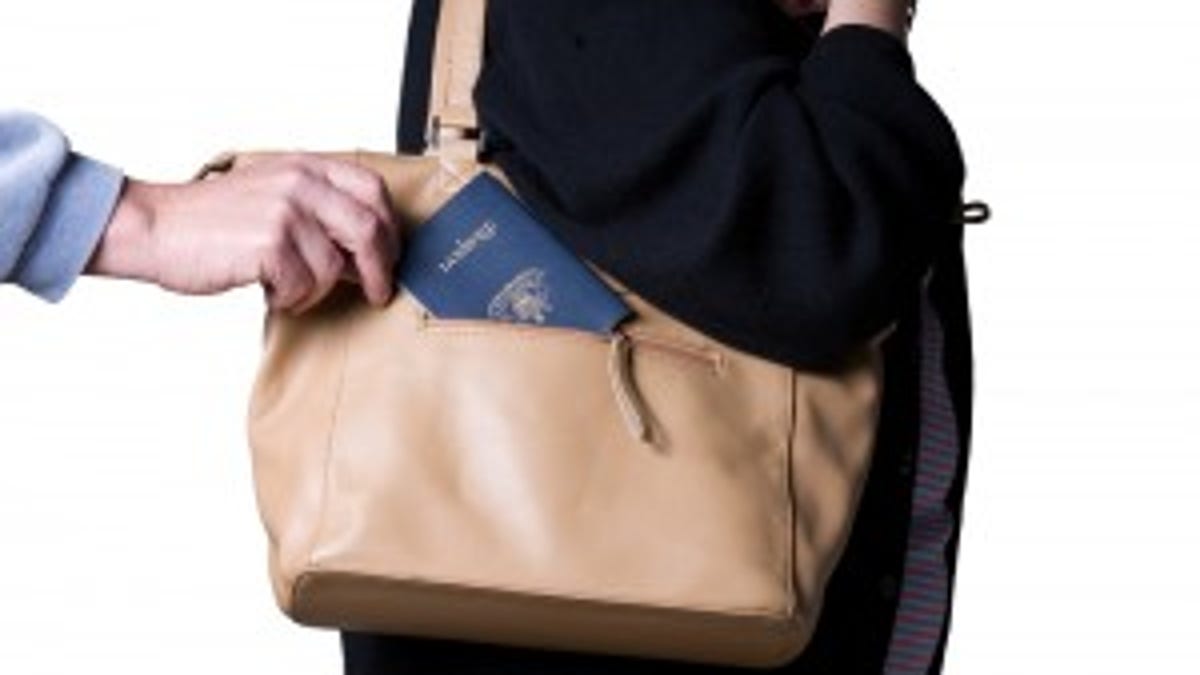
(http://www.journeyetc.com)
Vacation is a time to relax and unwind. A week or so off to eat well, rest and catch up with family, friends or other loved ones. But for all too many American travelers, things can go terribly wrong if scam artists wreak havoc on their carefully planned trip. From suspect taxi cabs to rampant credit card fraud, scams exist in every facet of travel. Here are a few big ones to look out for and tips on how to avoid them:
Crooked Taxis
If there is no official taxi queue at the airport, it can be far too easy for many people to be swept into the arms of fraudulent car and limo services. "These scams range from crooked meters to unscrupulous drivers," says Alex Puig, Regional Security Director for Travel Security Services, a U.S. security firm. To avoid a taxi scam, "it's good advice to settle on a price before heading off in a taxicab," according to Puig. "Use only official and licensed taxis and make sure your driver knows exactly where he or she is going before closing the door," he adds.
Credit Card Diligence
Puig says it's critical to keep your credit and ATM cards under close watch at all times, even in the most seemingly safe U.S. towns. "Keep your credit and ATM cards safe at all times. And be vigilant of who is around you before approaching and withdrawing money at an ATM," Puig says. "When you return from a trip, compare your receipts closely with your statement and alert the card company or your bank to any discrepancies."
Shady Wi-Fi Spots
Increasingly, wireless hotspots, even ones in coffee shops and restaurants, are opportunities for cyber-thieves to get their hands on your personal information when you're traveling, according to Experian, a global information services firm with operations in 41 countries. "Wi-Fi hotspots are a hotbed for identity thieves," but nearly 60 percent of U.S. travelers use public Wi-Fi in some capacity while traveling," according to Experian.
"What people don't realize is that thieves wait for summer vacation, too -- not to take in some beautiful sights, but to take unsuspecting travelers' information," says Jennifer Leuer, senior vice president of Experian Consumer Direct. Leuer recommends using a hard-wired connection or a personal Wi-Fi hotspot, when available, rather than public Wi-Fi. "A DSL connection is typically more secure than any free Wi-Fi network you may find in a hotel business center or lobby," Leuer says.
Keep your plans private
With the growing popularity of social media, travelers are likely to broadcast their plans on websites like Facebook and Twitter, making their empty homes vulnerable. According to a recent Experian survey, nearly 50 percent of U.S. travelers between the ages of 18 and 34 post to their social media pages with updates on their travel whereabouts, granting thieves information that can put travelers' homes and personal safety in jeopardy. "Many identity thieves know peak travel times and simply break into empty homes in search of information," says Linda Foley, founder of the Identity Theft Resource Center. "Think about where your bank statements, Social Security cards, and other important documents are right now. If they're not secure, you're at a higher risk for identity theft." Experian recommends not writing about where you're traveling, or posting pictures of your trip, until you return.
